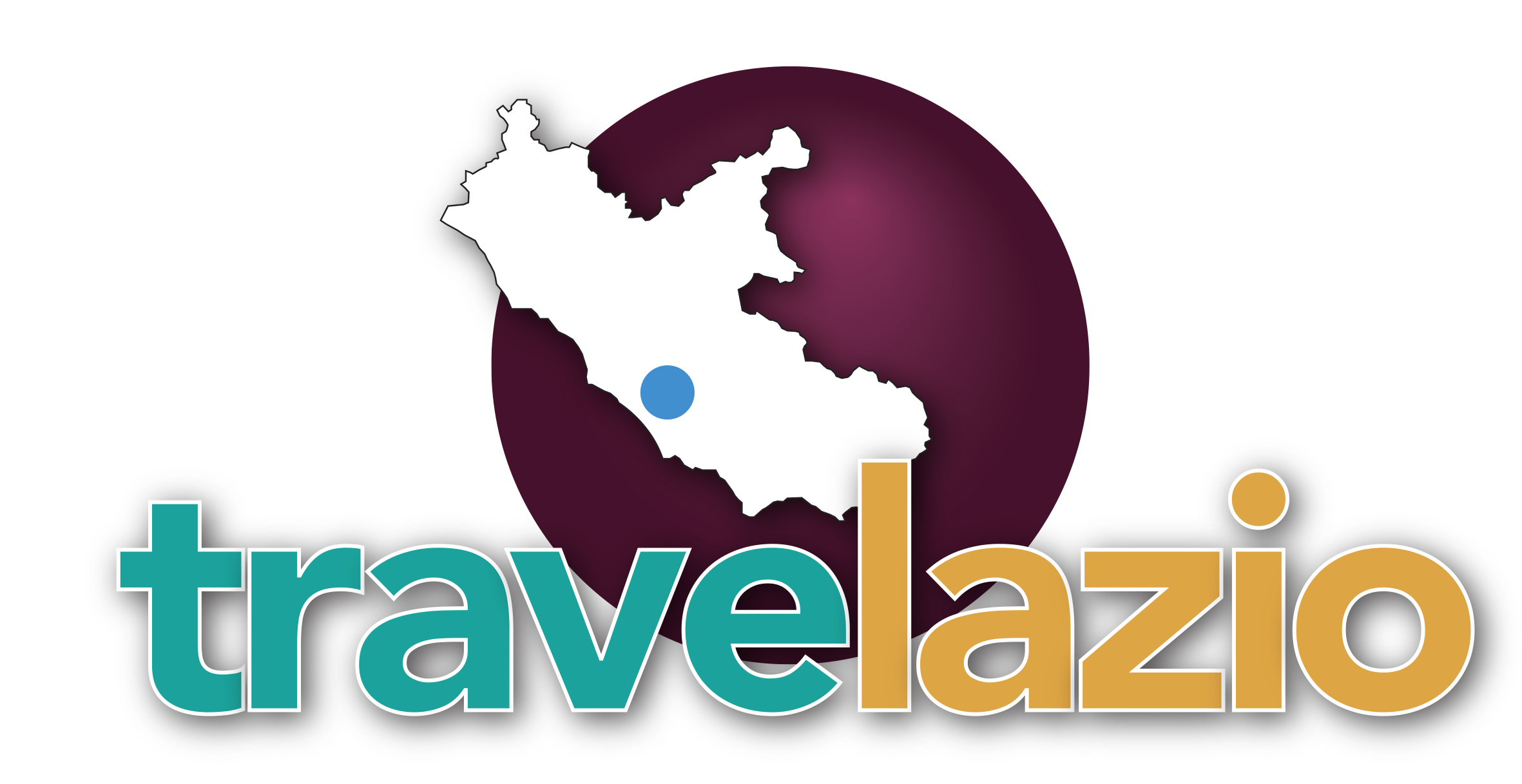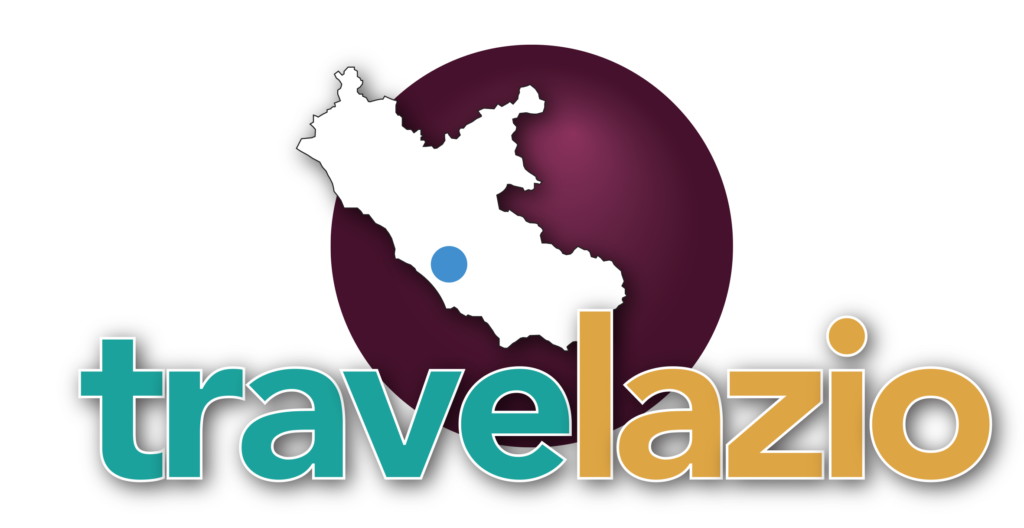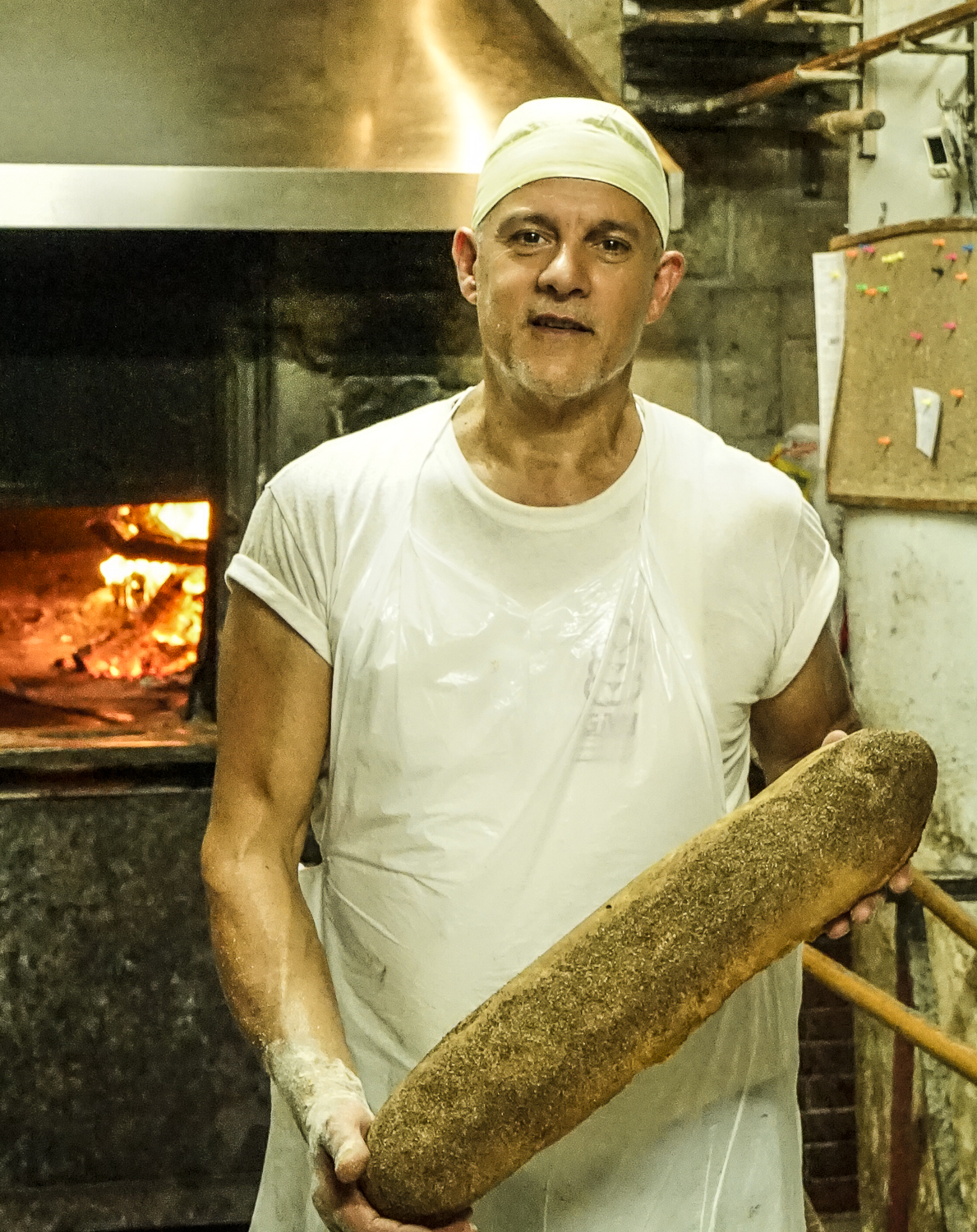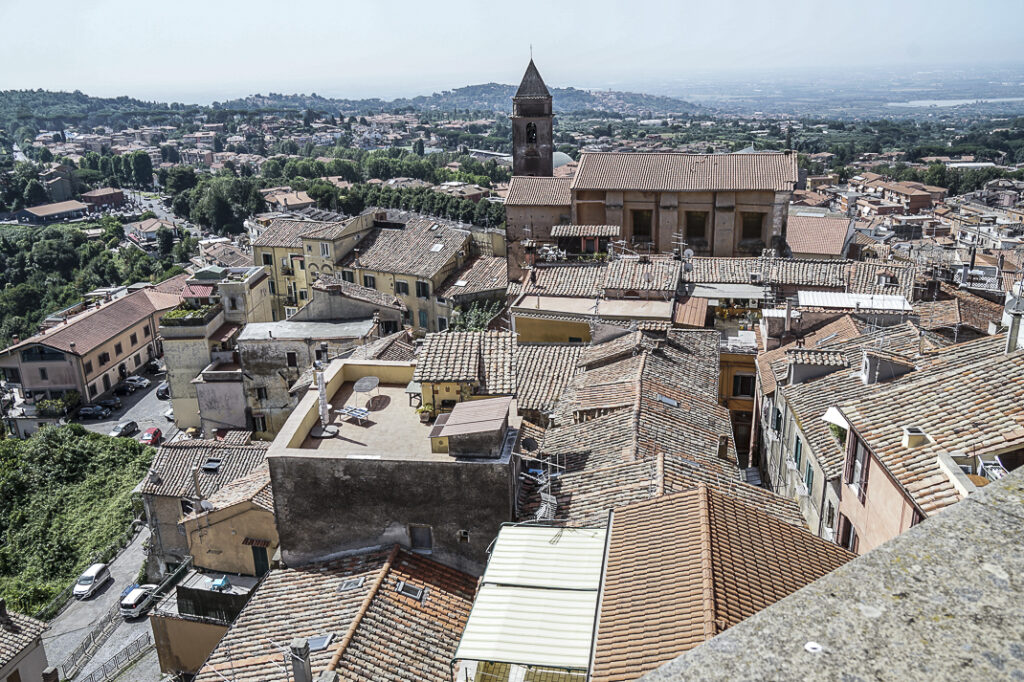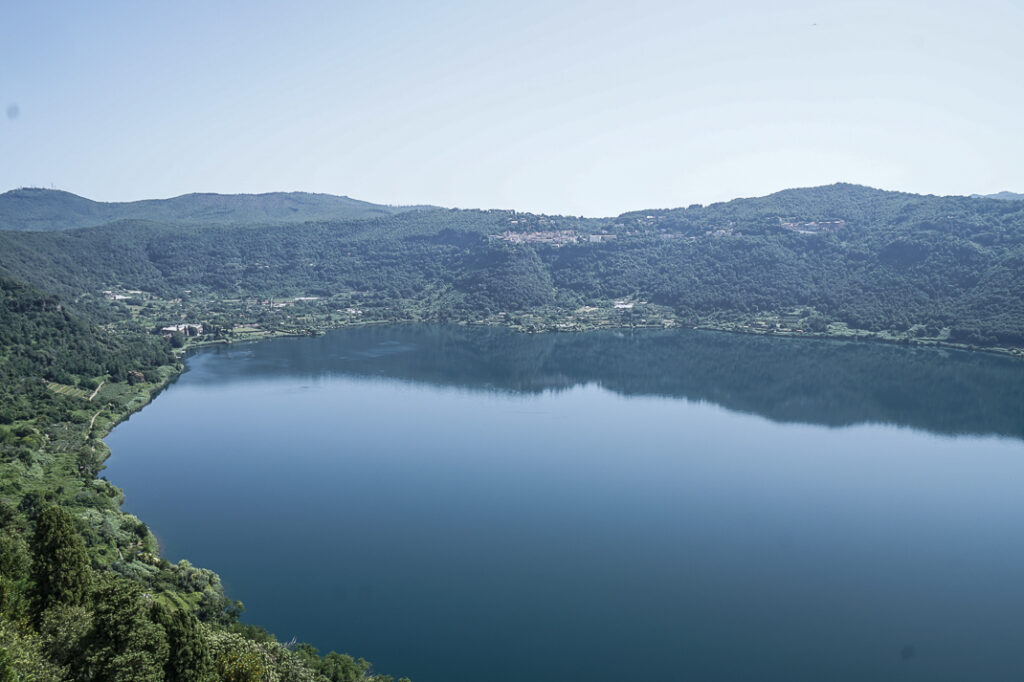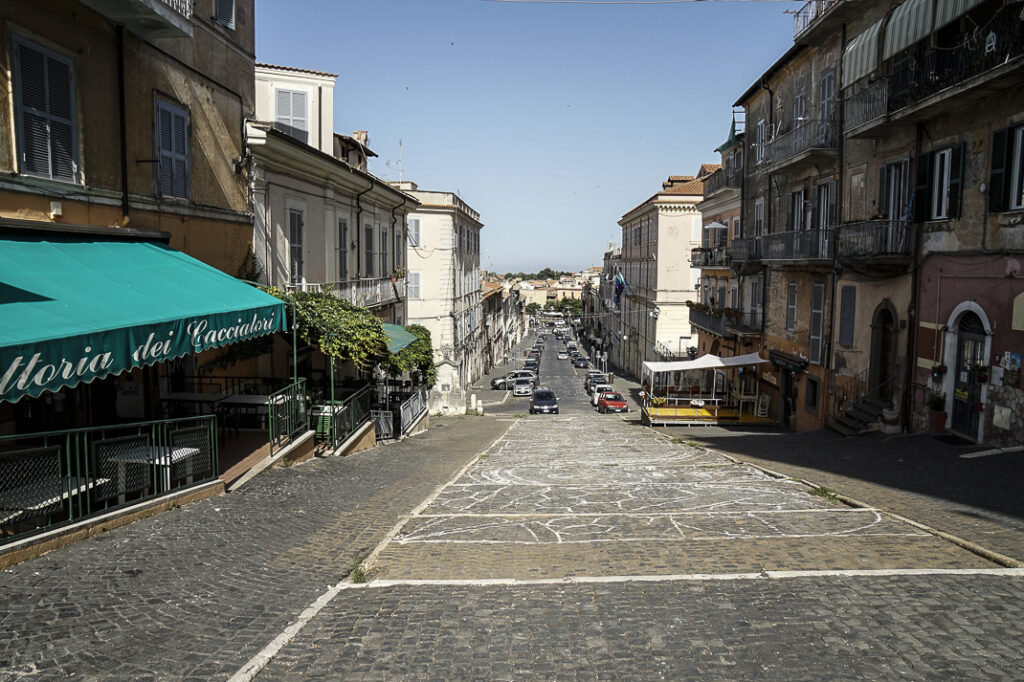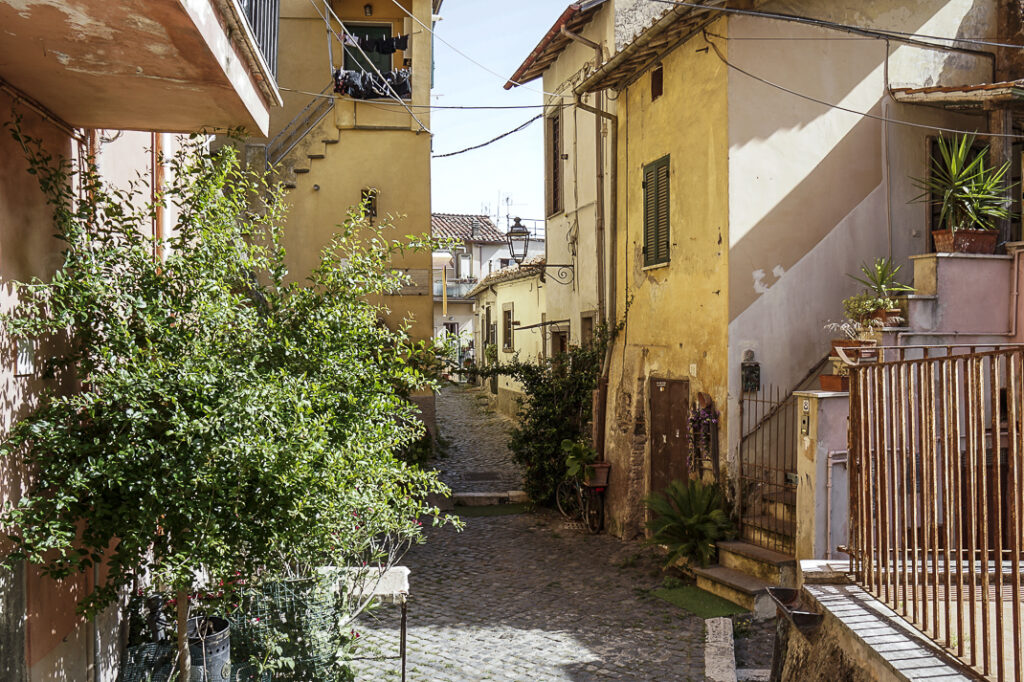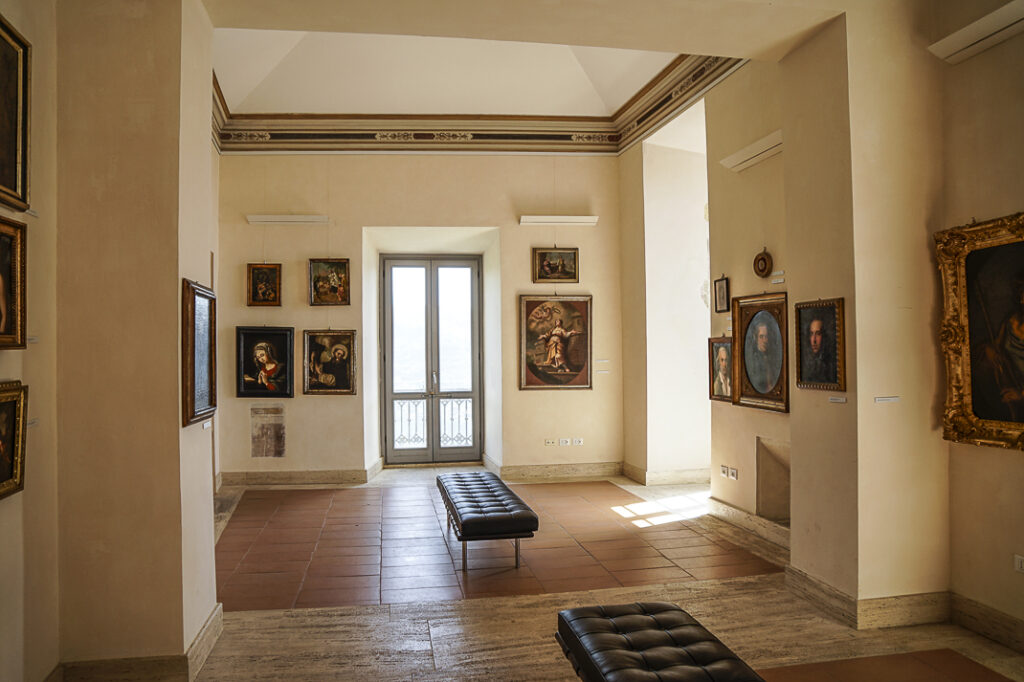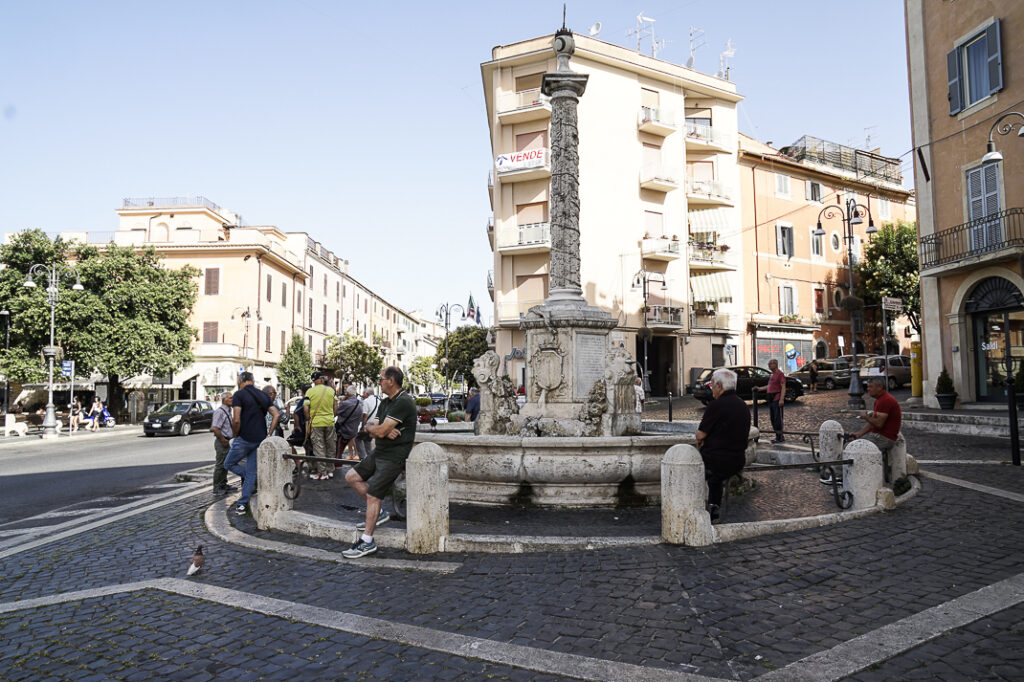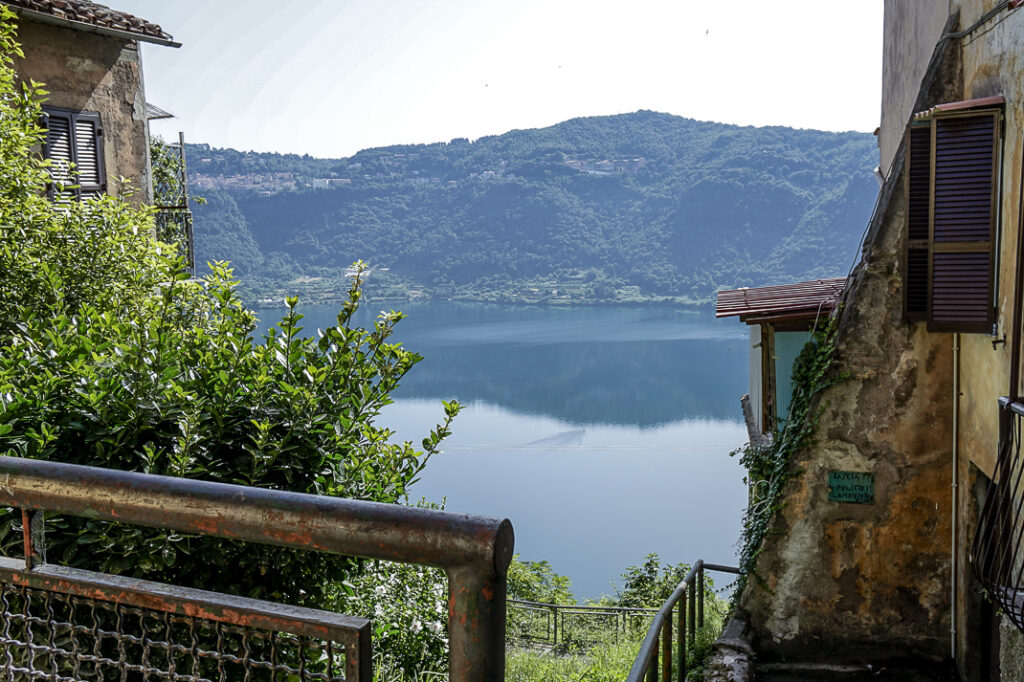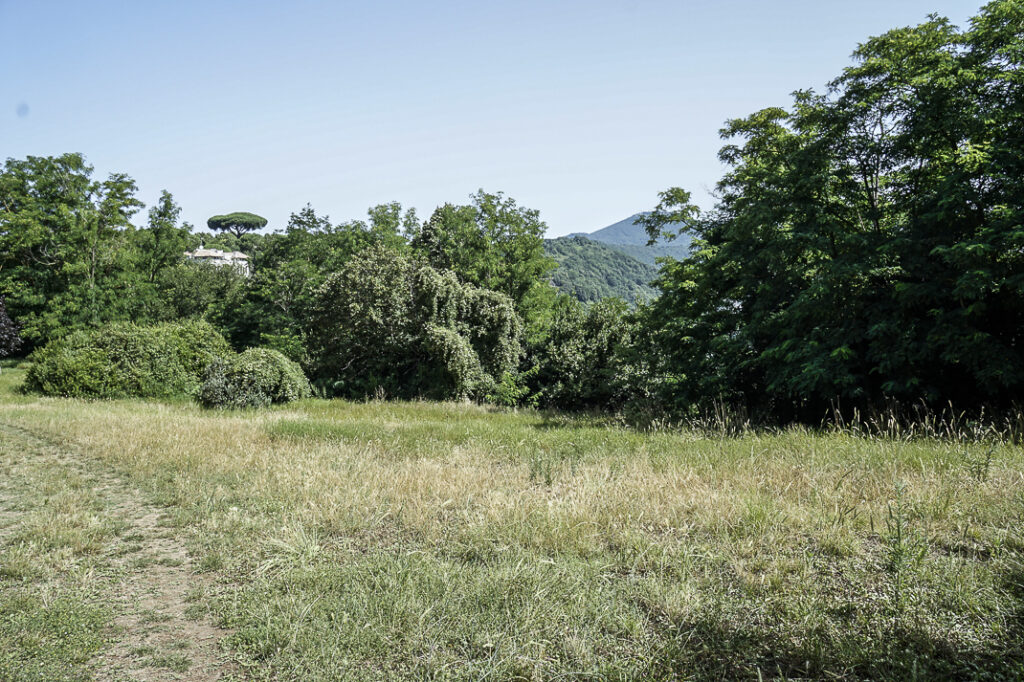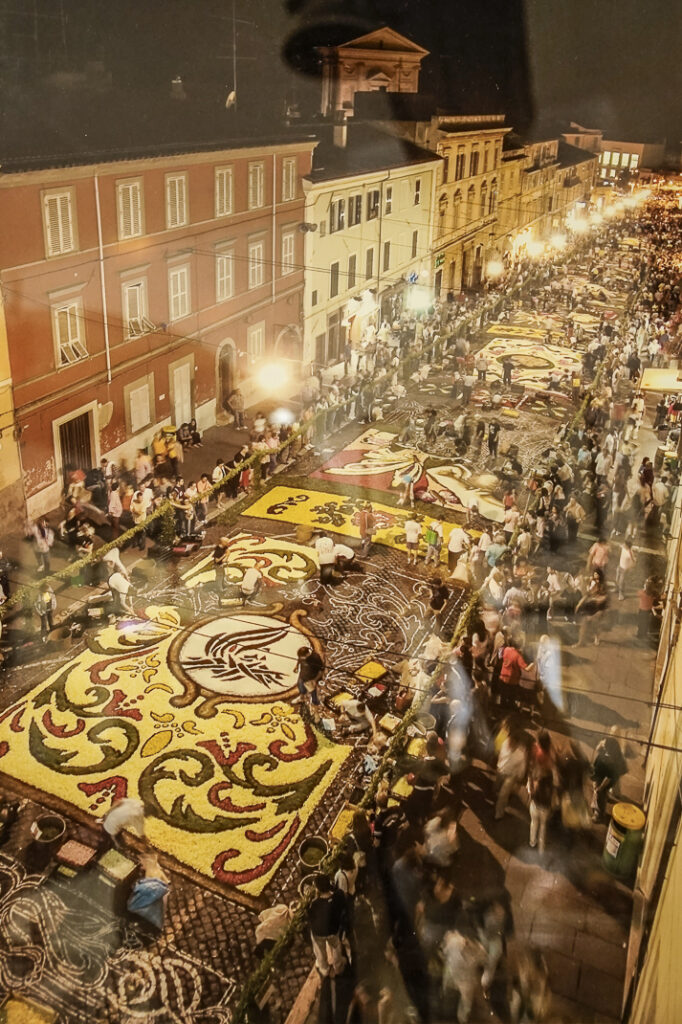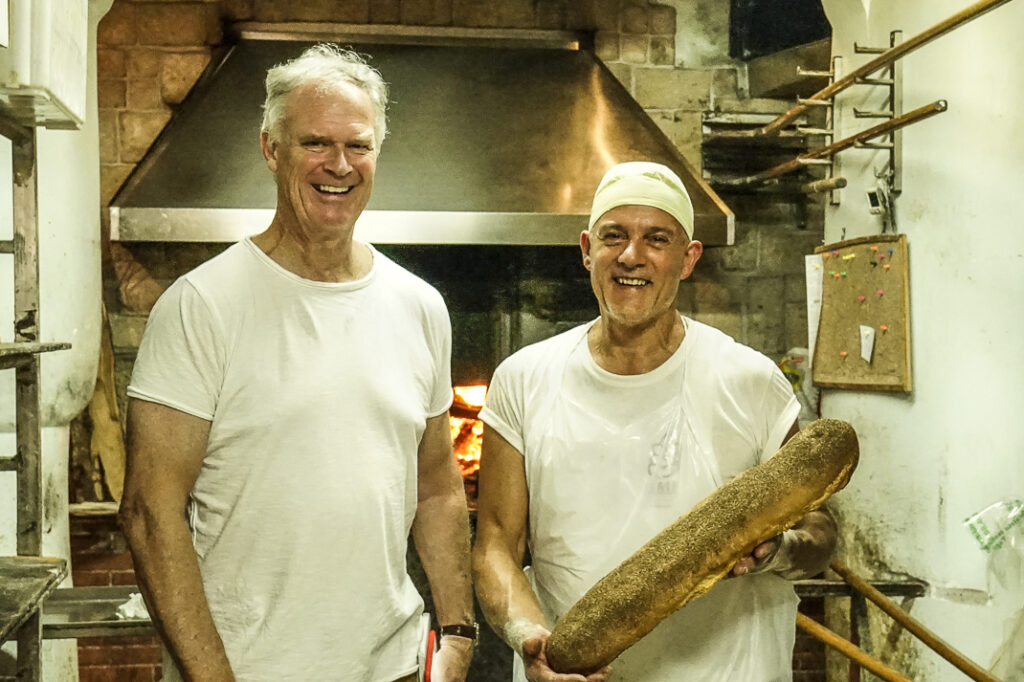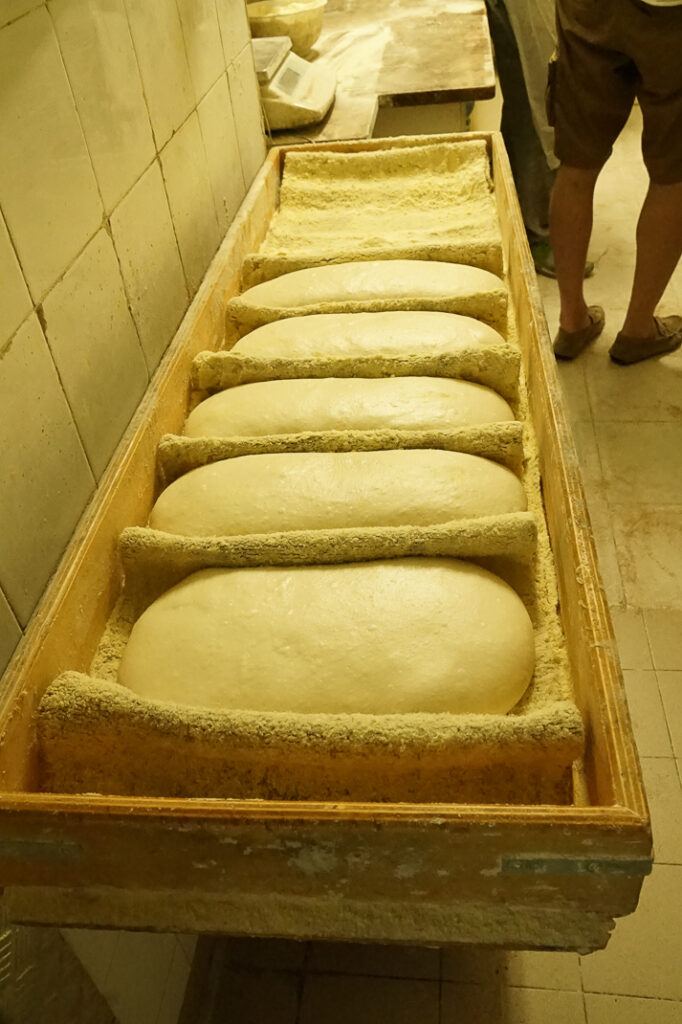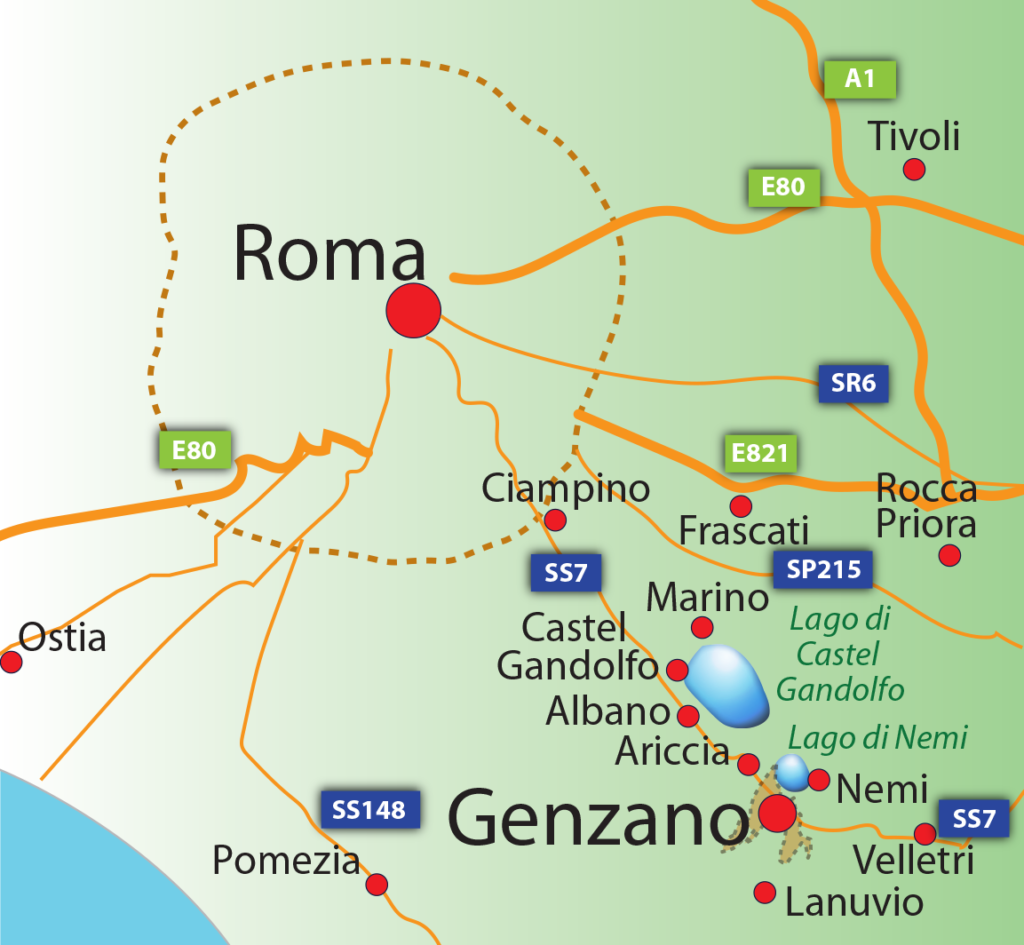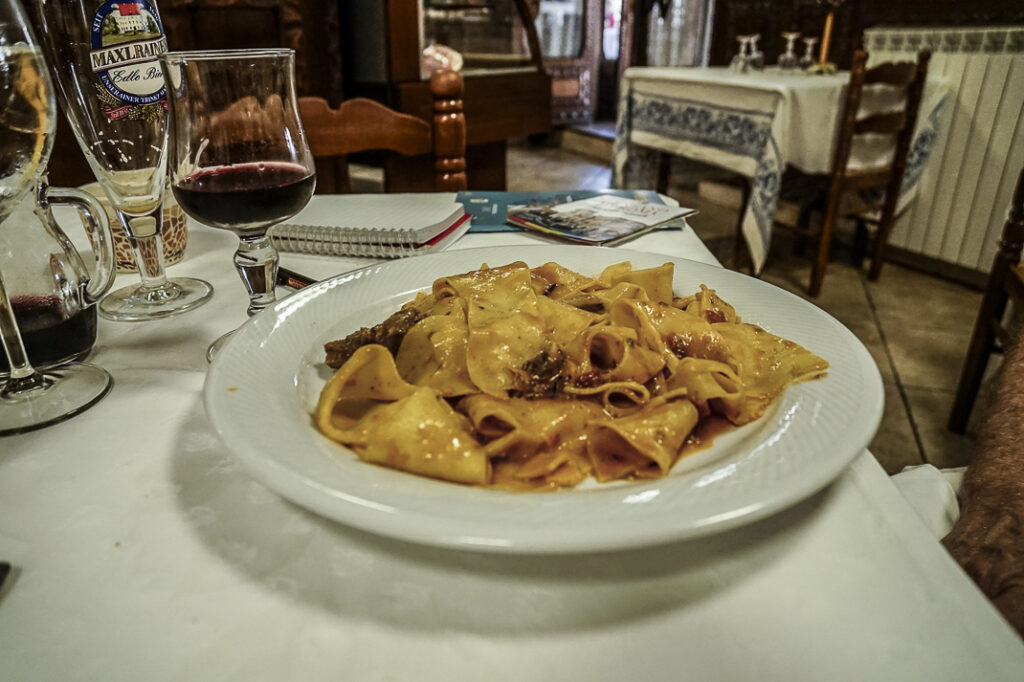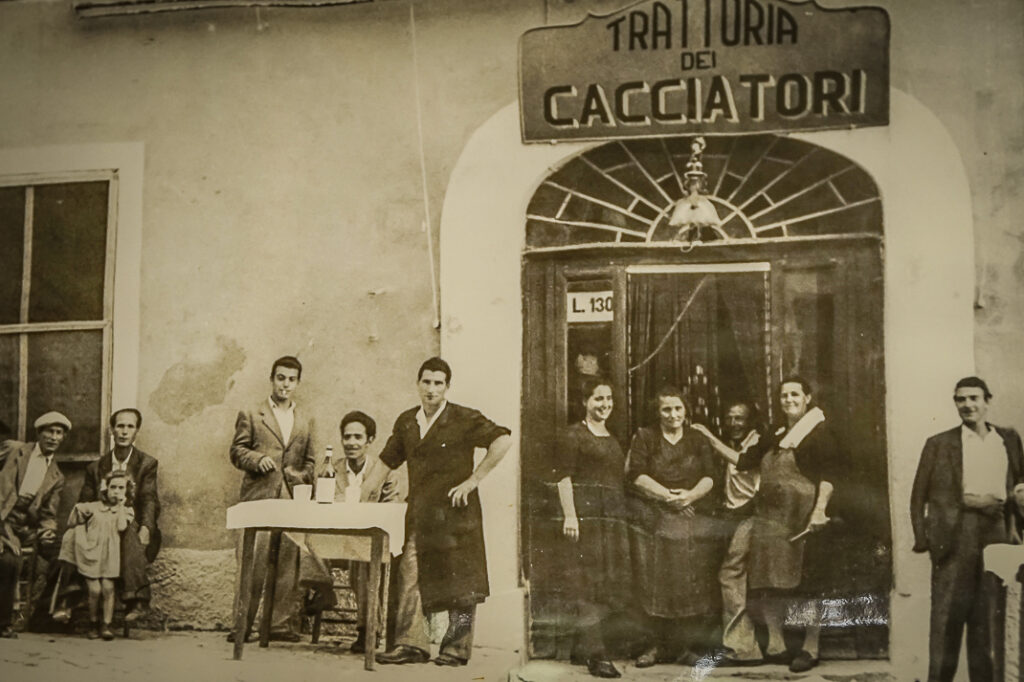Genzano di Roma: Home to the best bread in Italy?
Italy has almost as many different kinds of bread as it does pasta. Some of it is complex, such as my favorite, otto semi, made, as the name says, with eight different seeds. And others are so simple I find them inedible such as Florence’s famous, historic bread made with no salt due to a centuries-old protest against tax on salt in Tuscany.
Where is the best bread in Italy? Many Romans say it’s in Genzano di Roma, one of the Castelli Romani towns in the Alban Hills southeast of Rome.
The Genzano bread is typical Italian: hard crust with squishy interior, perfect for picnics or mopping up pasta sauce. Genzano is more than bread, though. This town of 24,000 people has a beautiful setting at 1,500 feet (460 meters) above Lake Nemi which you can see from the Palazzo Sforza Cesarini atop the hill.
Things to do
1 • Palazzo Sforza Cesarini. On the eastern edge of the town you’ll find a three-story palace dating back to 1560 when it was a castle. The Cesarini family, feudal lords from Rome who had vast land holdings in Lazio and Le Marche, bought the castle in 1564 and turned it into a residential palace in 1590.
Giuliano II Cesarini bought surrounding land and buildings in order to expand. Today it is the site of numerous art exhibitions and weddings. Its rooftop has arguably the best view of Lake Nemi in Castelli Romani. When we visited, the palace had an exhibition of art from Afghan artists Elaha Rahgozar and Sosan Mahmood. The ruling Taliban wanted to destroy artwork and the artists were invited to Genzano. Sixty pieces are on display and for sale until mid-November.
Info: Via Scaloni, 39-06-9371-1205, 10 a.m.-1 p.m., 3:30-7:30 p.m. Saturday-Sunday in summer, 10 a.m.-1p.m., 3-7 p.m. in winter, info@palazzosforzacesarini.it, €5. Reservations recommended.
2 • English Gardens. About 50 meters from the palace is a large English garden that can be explored. Duke Lorenzo Sforza-Cesarini built it for his English wife, Carolina Shirley. It’s covered with Atlantic cedars, sequoias, holm oaks, black hornbeams and laurels. It was a bit of a disappointment. Scruffy and overgrown, we never had a good view of the lake, which is best seen from the palace.
Info: €1.
3 • Infiorata. Every June the town blocks off Via Italo Belardi and covers it with a flower carpet covering 1,890 square meters stretching 250 meters along the street. The tradition began in 1778 for the Feast of Corpus Christi, an Italian holiday celebrating the presence of the body, blood and soul of Jesus.
The flower designs take on different themes, mostly with religious angles but also celebrating the colors of Michelangelo and the designs of Bernini.
This year’s theme honored the visiting artists from Afghanistan. The three-day celebration also features a parade with locals wearing masks and traditional costumes.
Info: June 1-3, 2024.
Pane di Genzano
Would you travel an hour for a loaf of bread? Many in Rome do. I do. Often we drive up into the Alban Hills where Genzano di Roma has bakeries selling some of the most famous bread in Italy and some say the best. Why so famous?
The tradition in the area goes back 300 years when they baked bread here in a communal oven. Bakers used cereals, flour, wheat bran, water and allegedly the town’s air. The bread is sprinkled with bran to produce its trademark dark color. It’s then baked in wood ovens for 40 minutes.
The yeast preserves it for several days and for centuries, to this day, truckfulls of bread would head overnight to restaurants and bars in Rome. We visited Consorzio Tutela Pane, a small, narrow bakery with shelves full of fresh bread and a big wood oven that gives Genzano bread its unique flavor.
Roberto Michetti, 59, who left the pastry business to bake bread 10 years ago, makes about 100 loaves of bread a day for the public and sells more than 50 percent to Rome. “I like this job because it’s a passion,” he said. “There’s a lot of sacrifice but it’s a passion.”
Where to eat:
Trattoria dei Cacciatori, Via Italo Belardi 76, 39-06-939-6060, https://www.trattoriadeicacciatori.com/, 9 a.m.-3 p.m., 7-10:40 p.m. Wednesday-Monday. Hunters (“Cacciatori” in Italian) started gathering in this spot after their hunt in 1885.
The Masini family bought it in 1947 and has kept the same hunter tradition, selling game meat such as pheasant, hare, partridge and wild boar. Prices start at €9. Try the pappardelle al cinghiale (flat, wide noodles with wild boar sauce).
For more information:
Visit Castelli Romani, Viale Giuseppe Mazzini 12, Genzano di Roma, https://www.visitcastelliromani.it/, info@visitcastelliromani.it, 9 a.m-6 p.m. Monday, Thursday, 1-6 p.m. Tuesday, 9 a.m.-1:30 p.m. Wednesday, Friday.
